High content screening reveals the phenotypic landscape of intestinal organoid regeneration
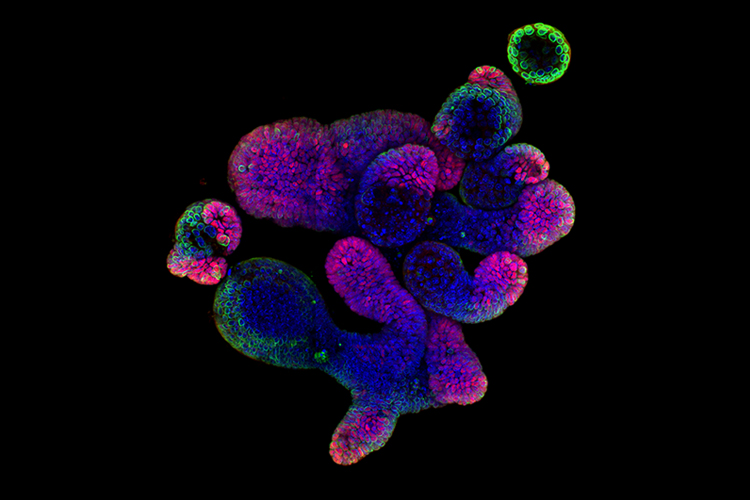

ABOUT THIS WEBINAR
Image-based phenotypic screening relies on extraction of multivariate information from cells cultured in a large number of screened conditions. In this webinar, we explored the application of complex and biologically relevant model systems for drug screening, such as small intestinal organoids.
We described several processes used to infer regulatory genetic interactions and identify genes that regulate cell-fate transitions and maintain the balance between regeneration and homeostasis, unravelling previously unknown roles for several pathways, among them retinoic acid signalling.
We then characterised a crucial role for retinoic acid nuclear receptors in controlling exit from the regenerative state and driving enterocyte differentiation.
Finally, by combining quantitative imaging with RNA sequencing, we showed the role of endogenous retinoic acid metabolism in initiating transcriptional programmes that guide the cell-fate transitions of intestinal epithelium and identify an inhibitor of the retinoid X receptor that improves intestinal regeneration in vivo.
Learning outcomes of this webinar:
- Learn how to upscale, streamline and automate intestinal organoid handling
- Learn how to image in complex three-dimensional (3D) model systems and how to approach big imaging datasets
- Understand the basics of multivariate analysis on image-inferred features
- Ask our expert speaker questions and benefit from their knowledge and guidance.
Register
Speaker
Ilya Lukonin, PhD, High Content Screening and Automation expert, Friedrich Miescher Institute for Biomedical Research, Basel, Switzerland


Related topics
Antibodies, Assays, Cell Cultures, Imaging, In Vivo, Lab Automation, Microscopy, Organoids, Regenerative Medicine, RNAs, Screening
Related organisations
Yokogawa Life Innovations




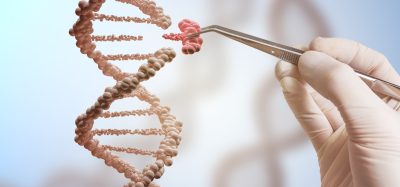
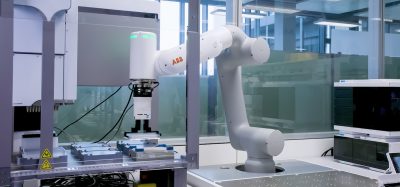
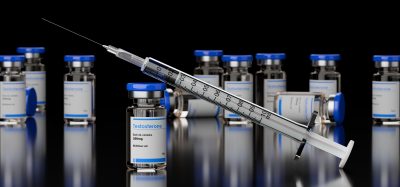
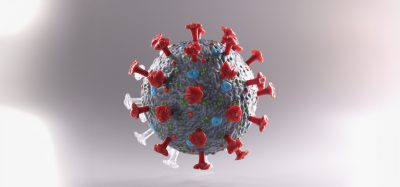

It is very seminal and instrumental.